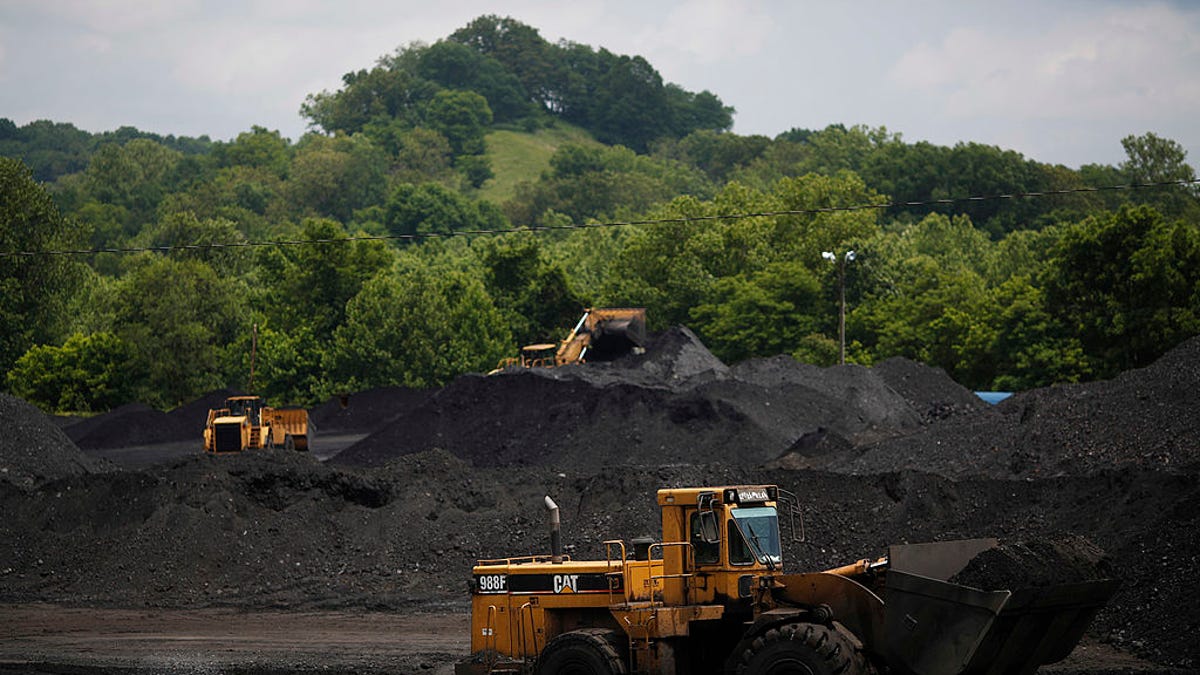Coal museum switches to solar to save money
A Kentucky museum devoted to the history of coal is abandoning its namesake for a simple reason: coal's too expensive.

Arch Coal Terminals in Cattletsburg, Kentucky.
The Kentucky Coal Mining Museum in Benham features an exhibition coal mine; artifacts from miners and their families; fossils; a 2-ton block of coal cut especially for the museum as a photo backdrop; and even items from the personal collection of country music star (and coal miner's daughter) Loretta Lynn.
It also will soon have 80 solar panels on its roof to generate the electricity the facility needs, with the excess helping to power the town of Benham. The switch to solar is expected to save the museum between $8,000 and $10,000 a year on its energy bill.
President Donald Trump campaigned on a promise to bring coal to the forefront of America's energy policy, in part by eliminating environmental protections and President Barack Obama's Clean Power Plant policy. Meanwhile, the coal industry has been declining for years, in part because other energy sources such as natural gas and renewables have become more cost-effective alternatives.
In fact, according to a Sierra Club report, 251 coal plants are currently set for retirement in the US. Inversely, the US solar industry is booming, with more solar power brought online in the US last year than any other source of electricity.
In any case, any short-term bump in US coal production is unlikely to be felt in places like Appalachia and eastern Kentucky, the home of the Kentucky Coal Mining Museum.
"Even if it does increase demand in coal, in places like eastern Kentucky, Appalachia, those jobs won't come back because that coal's too expensive to mine," Rep. John Yarmuth (D-Ky) told CNBC. "It's just not competitive anymore with natural gas."

